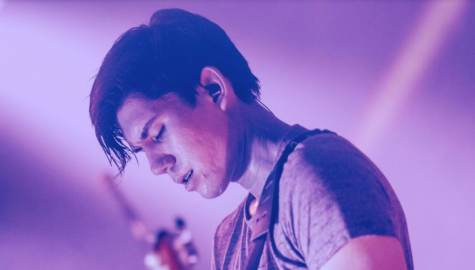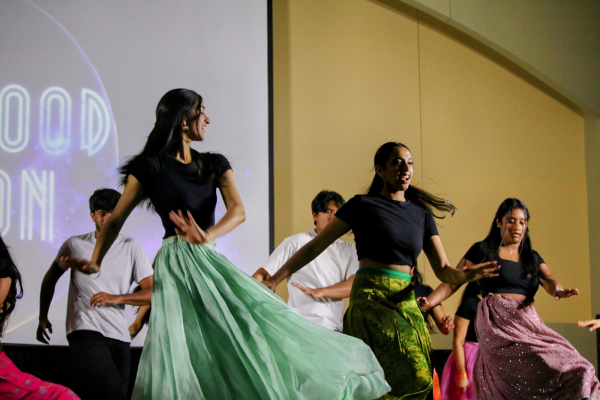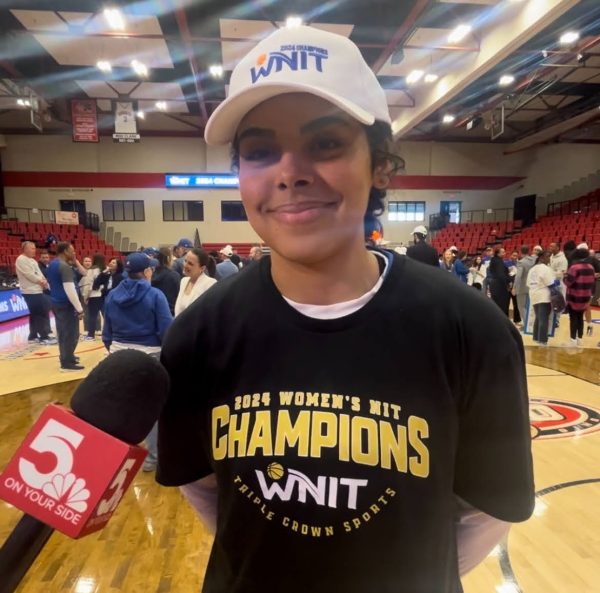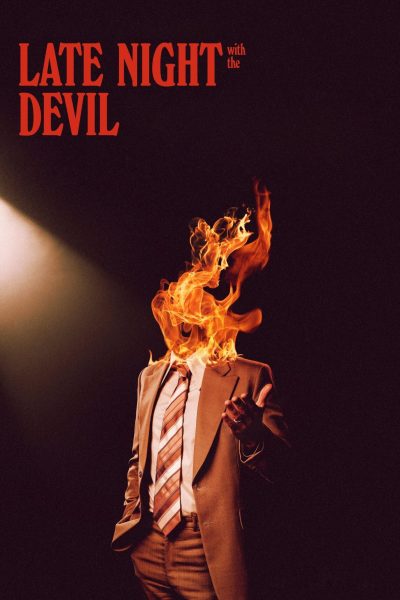Political Campaigns in the Age of COVID-19

It seems like every advertisement, billboard and commercial describes life in the age of COVID-19 in the same way. Big bold font will gloss over a McDonald’s ad: “We’re all in this together,” and you’ll wonder how that has anything to do with your Big Mac. While these tropes can feel tiresome and overused, it’s hard to deny that life looks different this year. The same can be said for political campaigns. When news broke of the impending pandemic, campaign managers from both sides of the aisle had to do a lot of reassessing. Speaking in front of crowds, shaking hands, and kissing babies looks questionable in the midst of a viral outbreak. Although Trump and Biden have both traveled around the country since the coronavirus came to the US, their campaigns have dialed back in-person events and placed a greater emphasis on virtual fundraisers and digital advertising.
To the politically aware, this sudden focus on digital material may seem unorthodox. It’s vastly different from what have traditionally been complex in-person campaigns. Unfortunately for campaign junkies, the intimacy of meeting presidential candidates is lost in the digital world. In many ways, however, the past decade has prepared America for a mostly-virtual presidential campaign. Presidential candidates have started using social media sites like Twitter, Facebook and Instagram more frequently. Social media is also incredibly fast. If you want the entire country to know something as soon as possible, social media is the way to go. President Trump uses Twitter prolifically, spreading news faster than wildfire. News spews so fast from the President’s account that censoring and fact-checking posts has proven to be difficult for Twitter’s moderators throughout his presidential campaign. Twitter isn’t the only social media site where Trump has stirred up controversy. On Thursday, September 3, President Trump suggested that North Carolina voters vote twice to make sure that their votes are counted. Voting multiple times is illegal, and Facebook has said that they will remove any videos of President Trump’s speech posted without sufficient context. Facebook also announced that they will not allow any new political ads during the week leading up to election night, in hopes of minimizing the proliferation of fake news and false election results. In 2019, Twitter took an extra step and banned all political ads on the platform.
Political advertisements are vital to presidential campaigns. They reach a large number of people, and candidates can edit the content of their ads to cater to their intended audience. Trump’s and Biden’s campaigns are both advertising in streaming services, more so than in past elections. COVID-19 has played into this decision. Over the past six months Americans have spent a huge amount of time on social media and streaming services. Netflix, Amazon Prime, Hulu, and Disney+ have saved many quarantined college students from going crazy in their childhood bedrooms. The Trump campaign reserved ads on Hulu during the Democratic and Republican National Conventions, and the Biden campaign released a new ad on Hulu during the last week of August. With all this media consumption and focus on digital ads, have in-person conventions become a thing of the past?
Some people say that the Democratic and Republican National Conventions were a bust. The allure of conventions is largely due to their huge audiences. It’s almost like the Oscars – everyone wants to see who attended and who wore what dress. There was no audience at this year’s conventions, and future conventions might be altered as well, whether that’s due to the coronavirus or America’s partisan disinterest. Presidential candidates spend inordinate amounts of money on their respective conventions, and it seems like that money would be better spent elsewhere. For better or worse, society has changed. We no longer get home from work in the late afternoon and sit in front of the television for the rest of the day. Americans now have a much shorter attention span, and many of us are not willing to watch a four-hour event. My generation, Generation Z, would rather read live election news on Twitter than pick up a remote and find the right channel.
Generation Z is global, well-rounded and interested in activism. We’re passionate about politics – just a different kind of politics. Because most of us are too young to work in government— some are too young to vote—we place greater emphasis on advocacy. We want to make sure that everyone’s voice is heard. Zofie Christian, a junior in high school taking a class at SLU for dual credit, recently started calling potential voters for the Democratic Party. When asked why she decided to volunteer, she said, “I feel really strongly about this campaign. I really am not a fan of Trump… So I decided to take action.” Christian is only sixteen years old, but she is still actively involved in politics. Even during COVID-19, political campaigns and their volunteers are persistent in their passion for activism. America’s familiarity with social media and our passion for advocating change has prepared us for a mostly digital presidential race. Political campaigns aren’t what they used to be, but they’re still persuasive and influential. We’ll see where they take us in November.
Your donation will support the student journalists of Saint Louis University. Your contribution will help us cover our annual website hosting costs.








